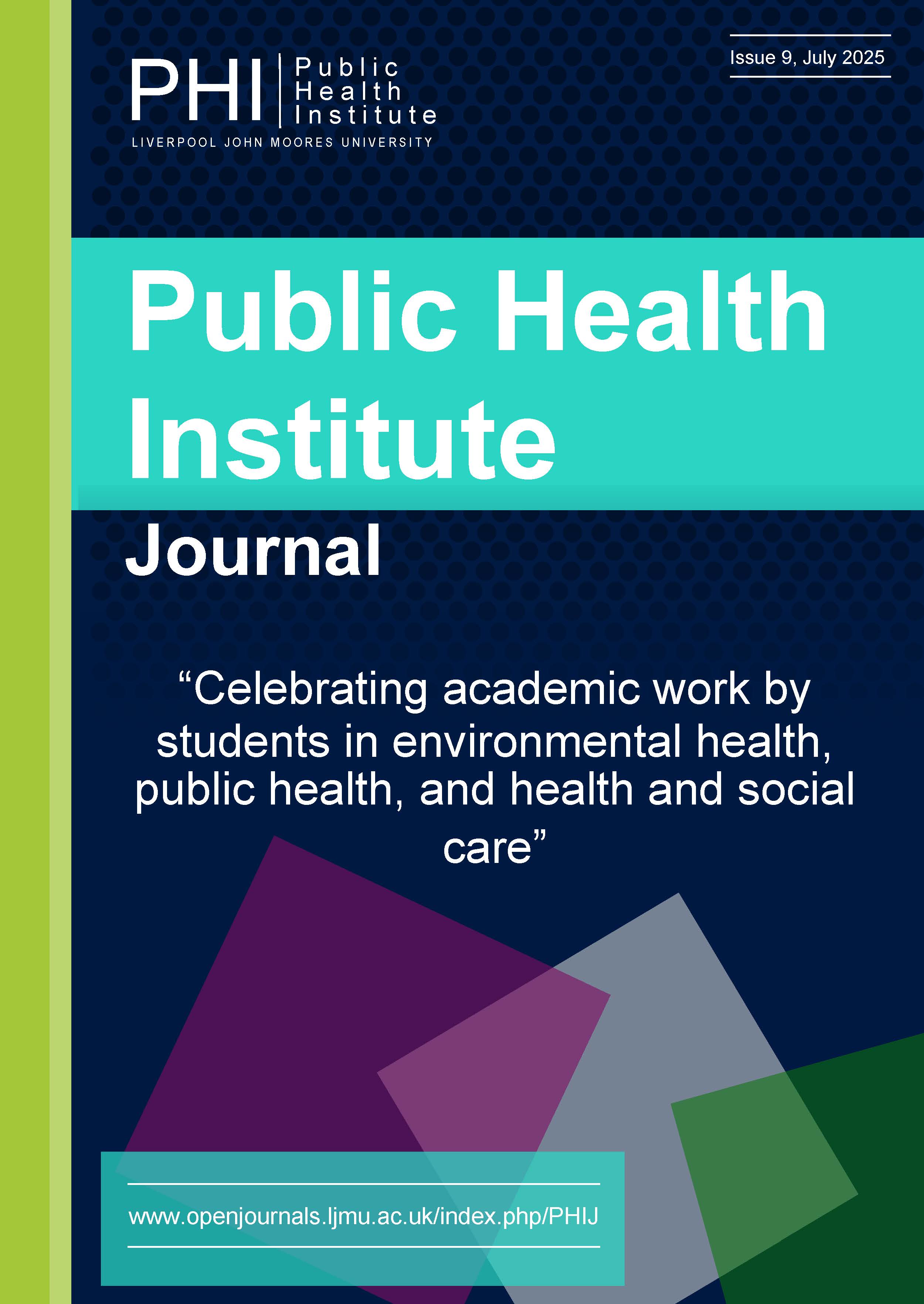Digital influence: the effects of social media on anxiety and depression in UK adolescents and young adults
Keywords:
Social Media, Digital Influence, Anxiety, DepressionAbstract
This dissertation explores the impact of social media on anxiety and depression among adolescents and young adults in the United Kingdom. As digital social media platforms have become an integral part of everyday life for young people, growing concerns have emerged regarding their influence on psychological wellbeing and emotional development. With social media usage becoming almost ubiquitous among individuals aged 12 to 24, understanding its potential effects on mental health has become increasingly important for parents, educators, policymakers and healthcare professionals. This literature review analyses a wide range of existing peer reviewed academic research to evaluate the relationship between social media usage patterns and mental health outcomes. Sources were primarily gathered using Google Scholar and other academic databases, with search terms such as “social media,” “anxiety and depression,” and “youth.” The review focused on studies published within the last decade to ensure both accuracy and relevance to the current digital landscape. Findings from the literature indicate a significant and consistent correlation between frequent or excessive social media use and increased levels of anxiety and depressive symptoms, particularly among adolescents. Key recurring themes identified through thematic analysis include the influence of upward social comparison, fear of missing out (FOMO), cyberbullying, disrupted sleep patterns and the pressure to maintain a curated online persona. Gender based differences were also explored, with adolescent girls showing higher levels of emotional impact and problematic use. While some literature also highlighted the potential positive aspects of social media, such as increased social connectivity, opportunities for peer support and improved access to mental health information and resources, the overall findings suggest that the negative psychological effects of unregulated or passive use are more widespread and impactful. The study concludes that while social media is not inherently harmful, its effects on mental health largely depend on how it is used. Excessive screen time, passive browsing and unhealthy comparison appear to contribute to poor mental health outcomes in young people. Recommendations are made for further research, policy intervention and the promotion of healthier digital habits, including educational initiatives focused on digital literacy and emotional resilience.
Published
Issue
Section
License
Copyright (c) 2025 Jessica Stewart

This work is licensed under a Creative Commons Attribution 4.0 International License.
Authors retain copyright and grant the journal right of first publication with the work simultaneously licensed under a Creative Commons Attribution License that allows others to share the work with an acknowledgement of the work's authorship and initial publication in this journal.


